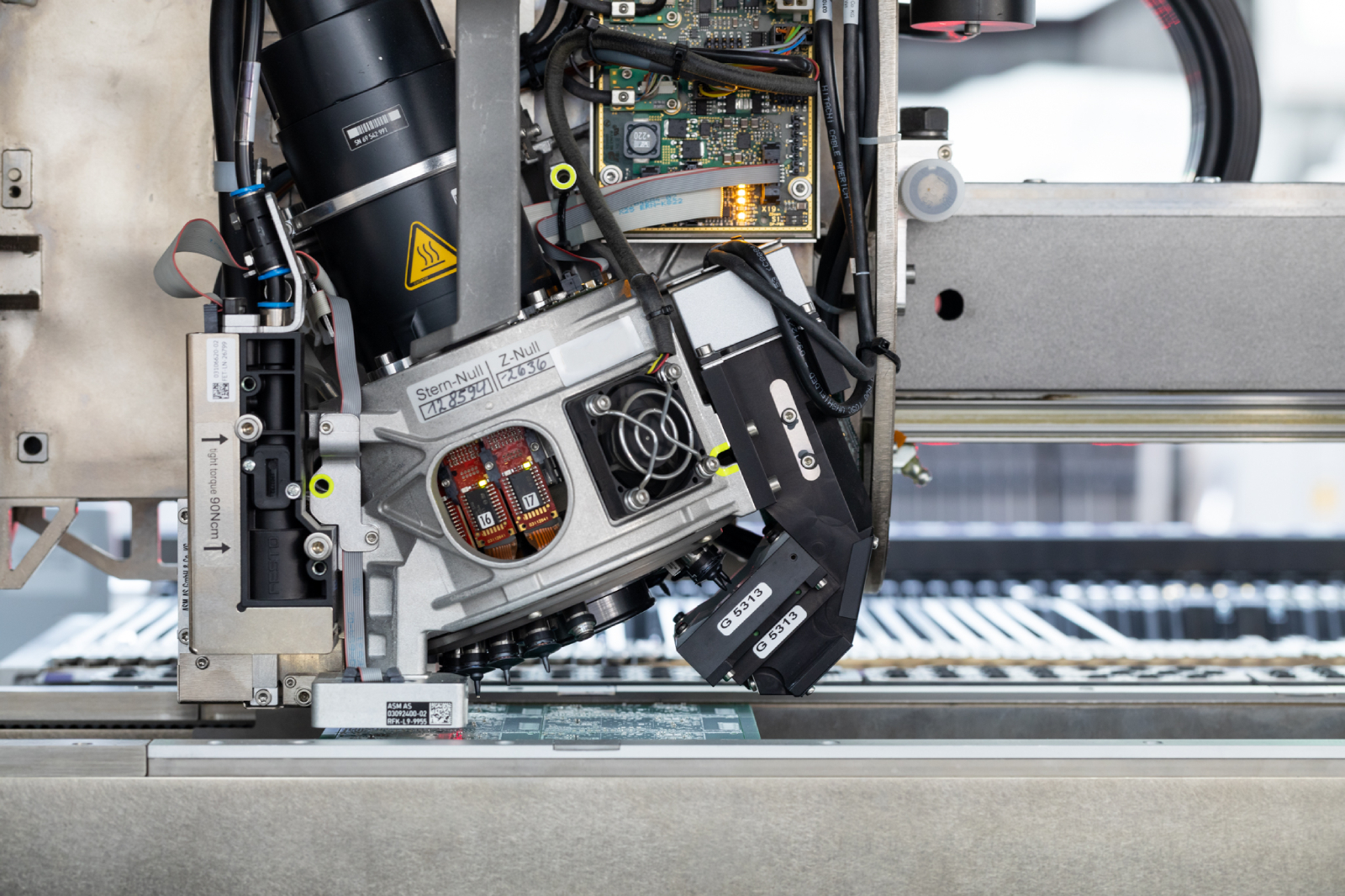What is contract electronics manufacturing?
Contract electronics manufacturing involves outsourcing the design, assembly, and testing of electronic components or finished devices to an external partner. EMS providers specialize in producing electronic products on behalf of clients, using advanced manufacturing technologies and state-of-the-art equipment.
The scope of cooperation can range from a single process—such as SMT assembly—to comprehensive management of the entire production cycle, from design to logistics.
Who benefits from contract manufacturing and why?
EMS services are most commonly used by companies that:
- Do not have in-house production lines or manufacturing infrastructure.
- Need to bring new products to market quickly.
- Seek cost savings and scalable production capabilities.
- Require engineering and technological support.
Contract manufacturing is particularly popular in sectors such as consumer electronics, telecommunications, automotive, industrial automation, and medical devices. For startups, it’s an opportunity to reduce investment risk. For large enterprises, it offers increased operational flexibility.
Step-by-step process of contract electronics manufacturing
The EMS process typically involves the following stages:
- Design and Engineering – Development of technical documentation, schematics, and design assumptions. EMS companies often assist in design optimization and prototyping.
- Component Procurement – Sourcing of electronic parts and materials according to the Bill of Materials (BOM).
- Component Assembly – Usually performed using SMT (Surface-Mount Technology) or THT (Through-Hole Technology), depending on project requirements.
- Quality Control – Includes functional testing, AOI (Automated Optical Inspection), X-RAY, ICT (In-Circuit Testing), and visual inspection to identify and correct any defects before shipping.
- Mass Production – After prototype approval, full-scale production begins (low or high volume).
- Final Testing and Packaging – The finished product is tested, labeled, and packaged according to customer specifications.
- Logistics and Delivery – Products are shipped to the end customer or directly to sales channels.
All-in-one services: SMT, THT, testing, and assembly under one roof
One of the key advantages of working with an EMS provider is access to a full range of manufacturing services in one location. Professional suppliers offer:
- SMT and THT assembly,
- Optical and X-ray inspection (AOI, X-RAY),
- Microcontroller programming,
- Functional and electrical testing,
- Cable harness manufacturing,
- PCB coating and protection (conformal coating),
- Product packaging and labeling.
This model eliminates the need to coordinate multiple subcontractors, reducing lead times and increasing reliability.
What does EMS include and what are the gains?
EMS offerings are flexible and tailored to client needs. They may cover the entire product life cycle or focus on individual processes such as PCB assembly, testing, or packaging.
Financial and operational benefits:
- Cost Savings – No need to invest in production lines, hire manufacturing staff, or maintain technical infrastructure.
- Scalability – Easy to scale production volumes up or down.
- Faster Time-to-Market – Thanks to EMS expertise and existing infrastructure.
- Reduced Technology Risk – EMS providers use modern machinery and testing protocols that minimize errors.
A well-structured outsourcing process allows companies to focus on strategic activities: design, R&D, marketing, and sales.
Novatronik – comprehensive contract electronics manufacturing
Novatronik specializes in providing comprehensive contract electronics manufacturing services. Our offering includes SMT and THT assembly performed on two fully automated SMT lines, with a throughput of up to 40,000 components per hour. We provide assembly of components from 01005, BGA components, and full traceability. The entire process is backed by 3D AOI inspection, ensuring top quality and reliability.
We also offer SMD/BGA assembly and rework, as well as THT assembly performed by IPC-certified technicians, using wave soldering or selective soldering. For fast prototyping, we have implemented an automated quoting and production system, enabling short lead times and quick estimates.
Our testing capabilities include electrical, optical, environmental, and functional tests, such as ICT and FT, and X-RAY inspection. We also provide final electromechanical assembly, delivering ready-to-use devices as part of a single, integrated service.
A complement to our offer includes: applying protective coatings, varnishing, marking, packaging, warehousing, and shipping – including direct delivery to the end customer.
This makes Novatronik an ideal partner for companies seeking a flexible and reliable electronics manufacturing provider.
Why contract manufacturing is the ideal solution for electronics companies
For many companies in the electronics sector, contract manufacturing has become a market standard rather than a mere option. In a world where speed of innovation determines competitive advantage, EMS partnerships are not just convenient—they are essential.
Outsourcing production provides:
- Access to engineering expertise and cutting-edge technologies,
- Higher product quality and reliability,
- Operational flexibility without increasing fixed costs,
- The ability to respond dynamically to changes in market demand.
Contract electronics manufacturing, based on a strong partnership with an experienced EMS provider, can be a key success factor for companies aiming to keep pace with market evolution and customer expectations.


